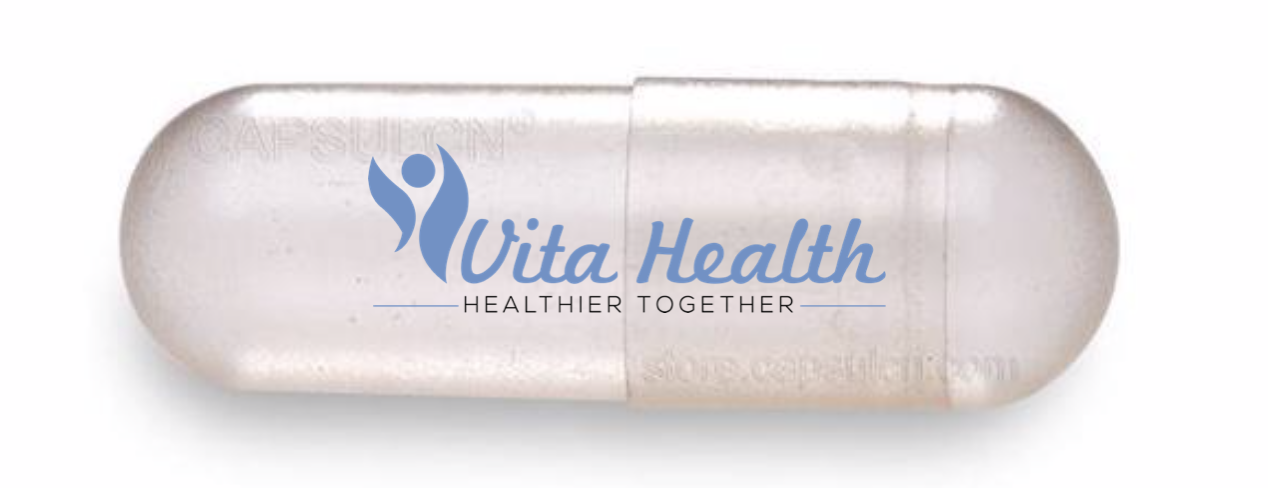What are HPMC capsules, also known as 'Vegetable' capsules?
HPMC Capsules
Several materials have been tested as a substitute for gelatin capsules. Hydroxypropylmethylcellulose (HPMC) has become a successful alternative material for two-piece capsules and is used for supplements all over the world.
Hydroxypropyl Methylcellulose is globally known as “Hypromellose” and manufactured by chemically made polymer cellulose. It is considered safe for normal human consumption and is commonly used as an option instead of gelatin because of its vegetarian source and its physical appearance to gelatin.
This plant-derived cellulose has been an option for vegetarian capsules in pharmaceutical applications since 1998. It is a physically stable polymer that’s resistant to stringent heat and humidity conditions, with a low moisture content that makes it suitable for moisture-sensitive ingredients. The role of the HPMC capsule is to protect its contents from degradation or product changes, which means insulating against temperature fluctuations or moisture exposure, the stability of the capsule material is a critical factor in product development.
HPMC is also being adopted as a film coating or a sustained-release tablet material in the pharmaceutical field. HPMC capsules have been developed for both pharmaceutical products and dietary supplements to not only withstand temperature excursions but also to meet dietary requirements.
HPMC capsules incorporate a gelling agent to achieve enteric properties, allowing for the protection of sensitive ingredients from the acidic environment of the stomach and complete dissolution in the intestine. They also provide sufficient taste-masking and acid-resistance to prevent gastric reflux for fish oils and have become the solution of choice for numerous probiotics, herbal or mineral formulations on the market today.
HPMC-based capsules can also play a role in addressing poor bioavailability. These capsules can interact with poorly soluble APIs, leading to a lower crystallisation rate in the GI tract, which can be important in situations when there are supersaturated APIs in the intestine or when dosing either a high-energy salt form or a weakly basic API.
Recent Posts
-
CDS22 Formula - Why does it work?
Not all probiotics are the same. The overall biological action of a probiotic is not merely the sum …2nd Sep 2025 -
CDS22-formula - Clinical Trial Bibliography
Partial list of clinical studies conducted with the De Simone Formulation In relation to our l …2nd Sep 2025 -
Youngevity 90 For Life Dr. Wallach
Available now from Vita Health29th Jul 2024





